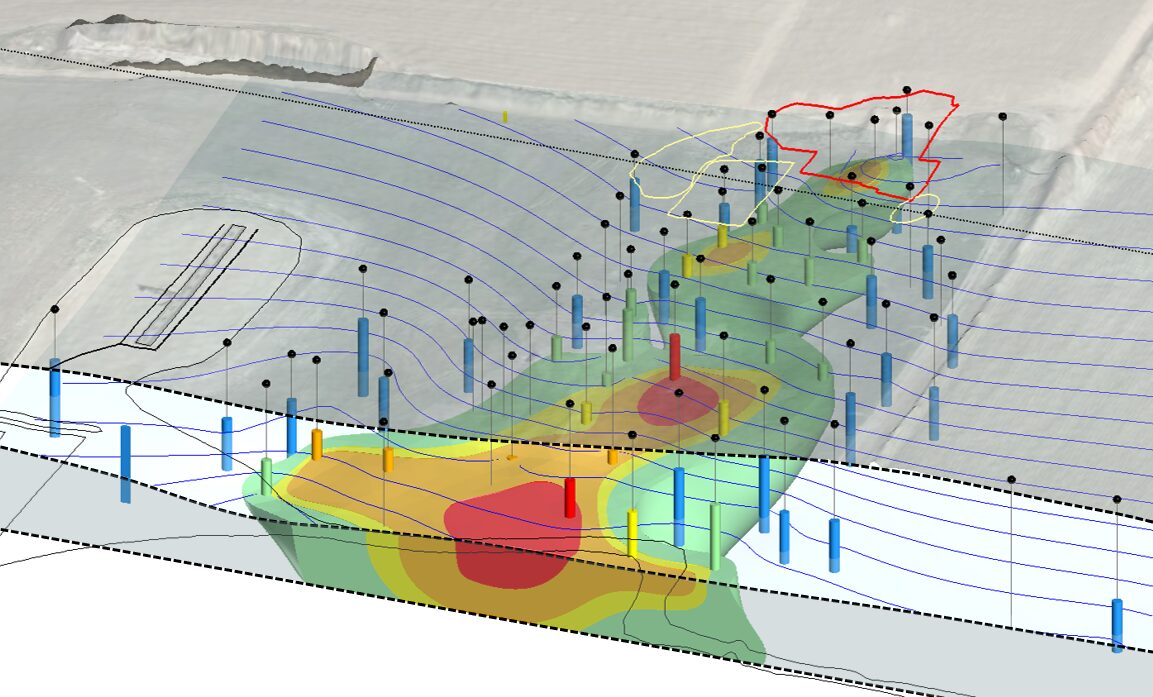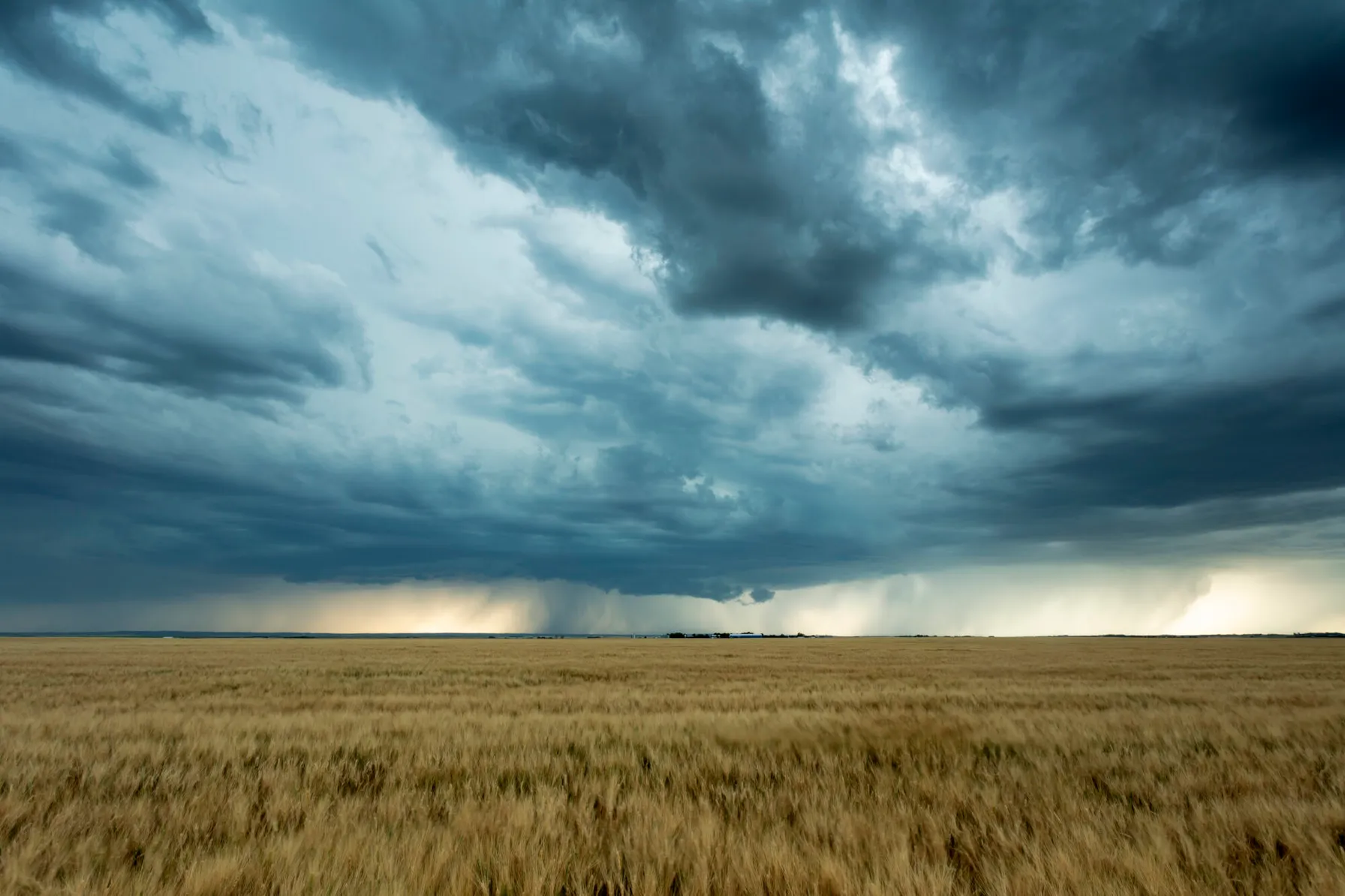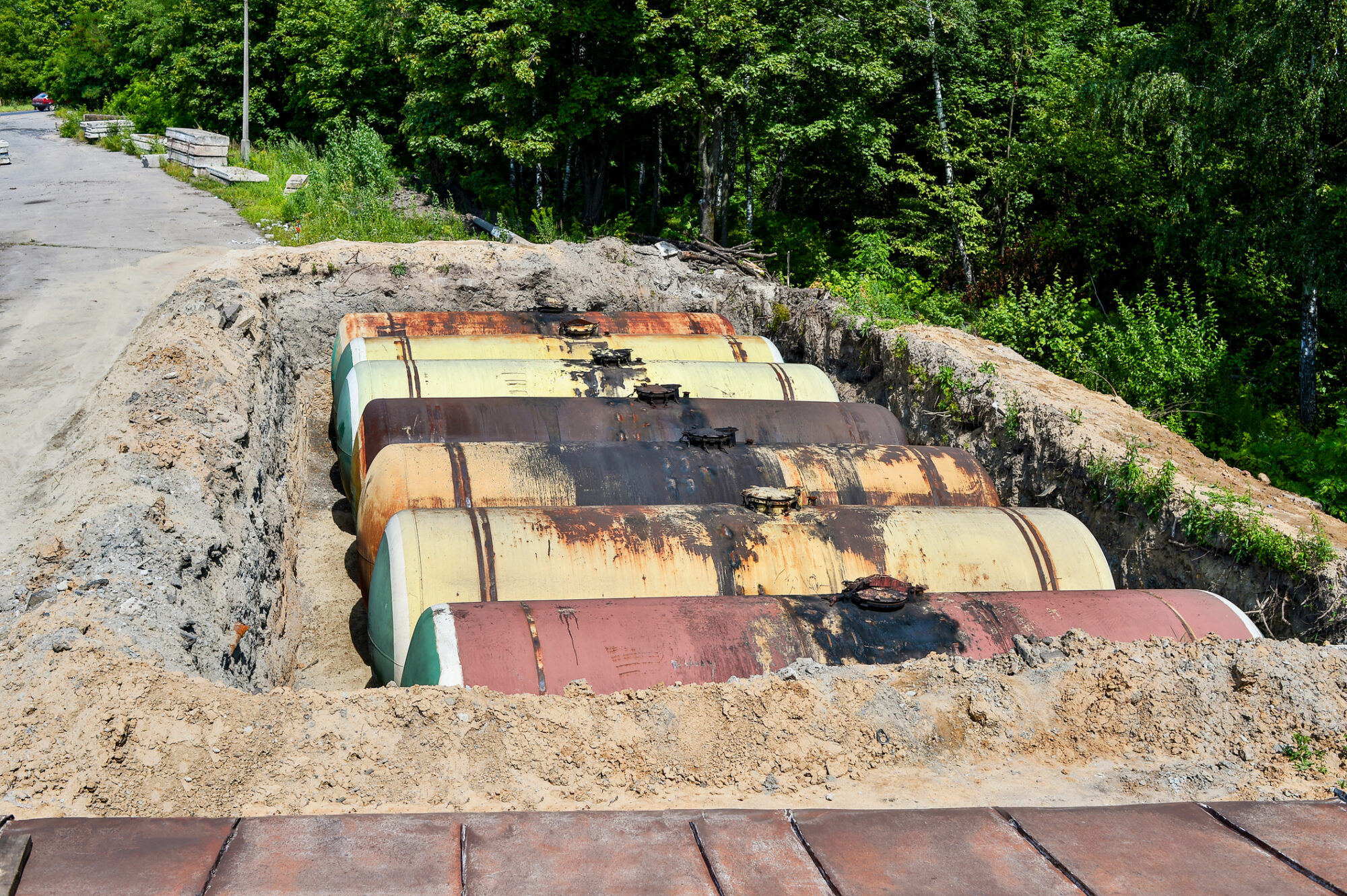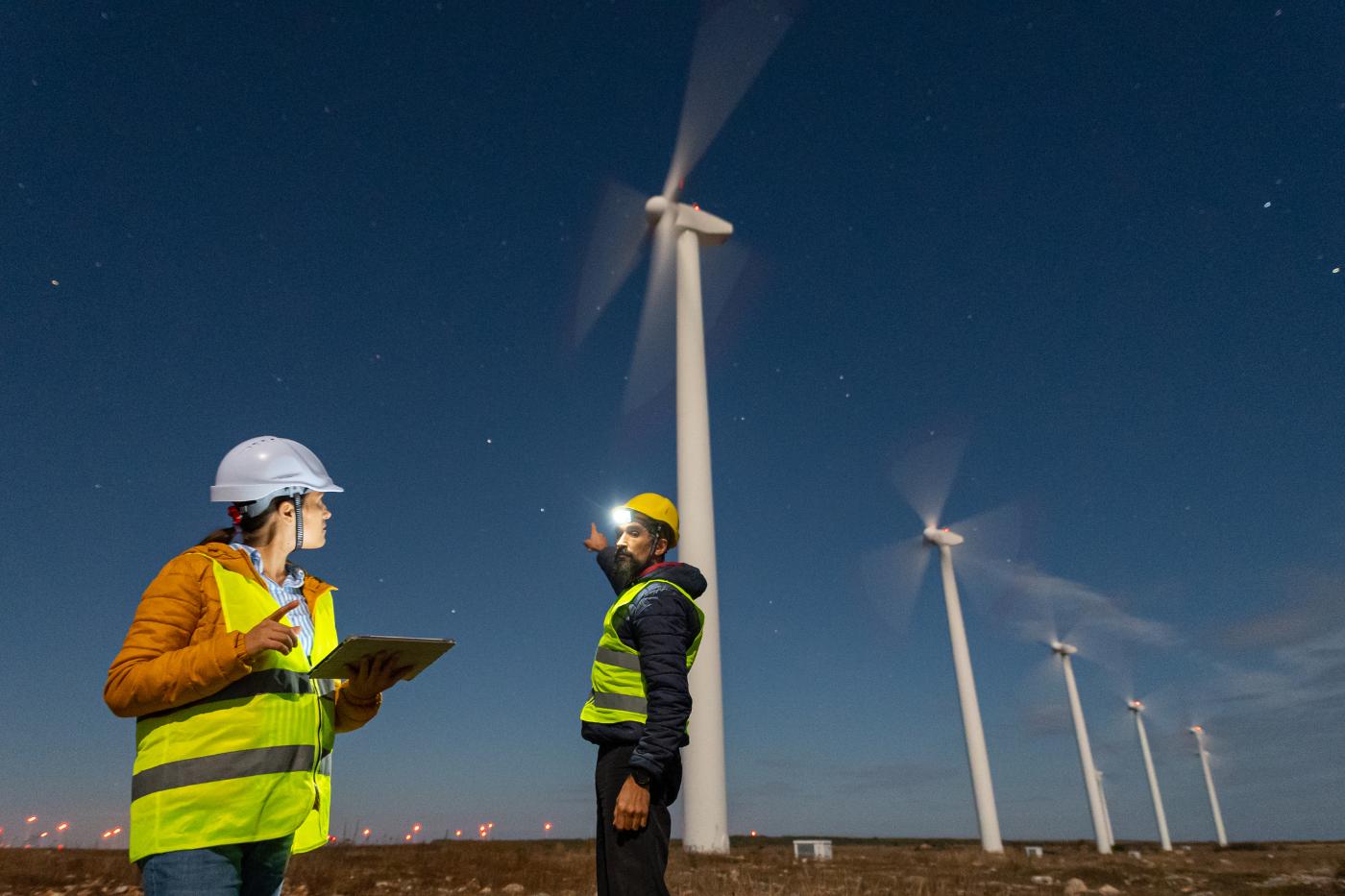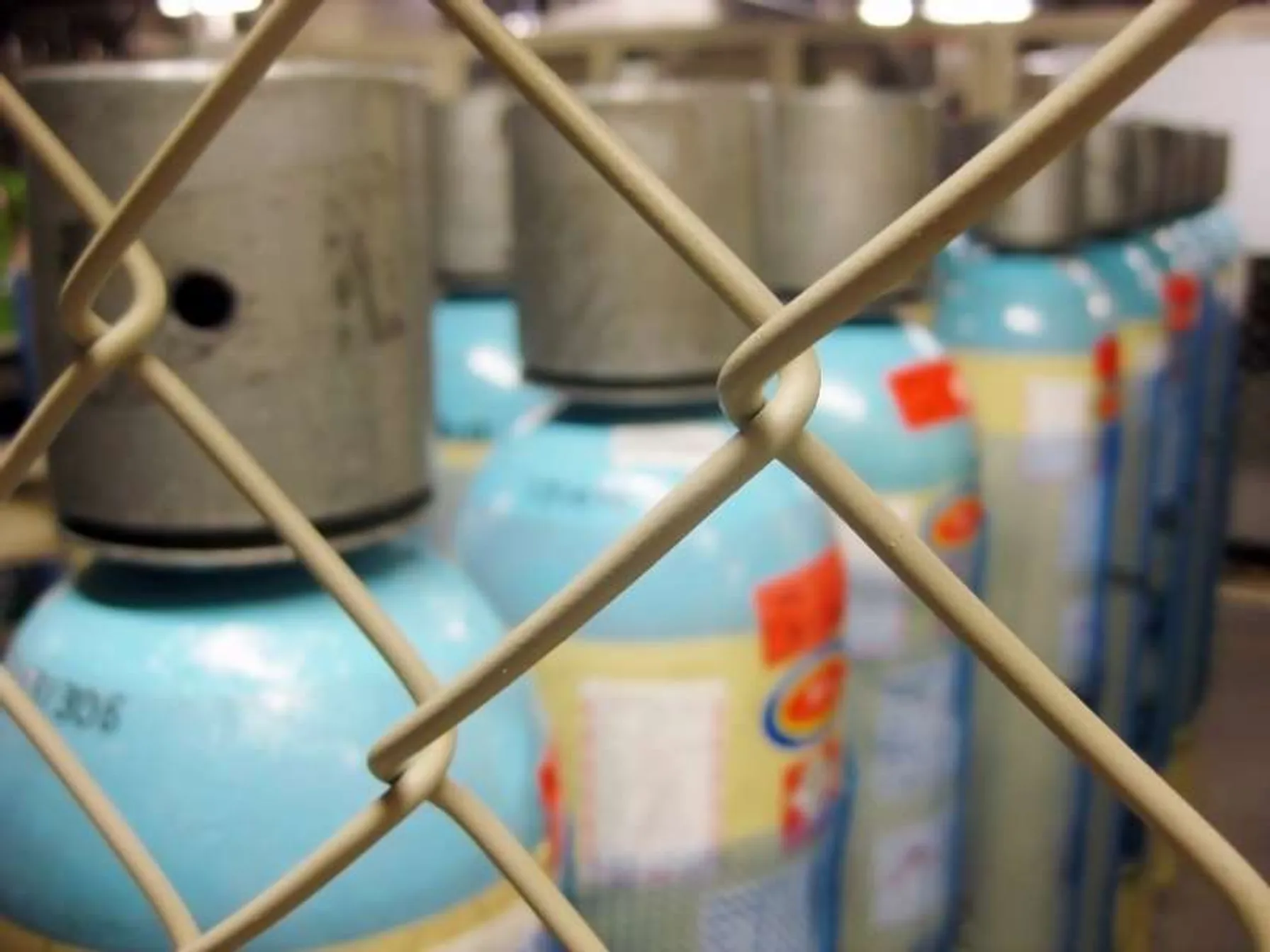The United States Environmental Protection Agency (U.S. EPA) and United States Department of the Army Corps of Engineers (U.S. ACOE) are redefining “waters of the United States (WOTUS).” A new Rule is expected to be finalized by September 1, 2023, and will address the May 25, 2023, U.S. Supreme Court decision in Sackett v. Environmental Protection Agency. In the interim, the U.S. EPA and U.S. ACOE will interpret the phrase “waters of the United States” consistent with the Supreme Court’s decision in Sackett.
Related Services
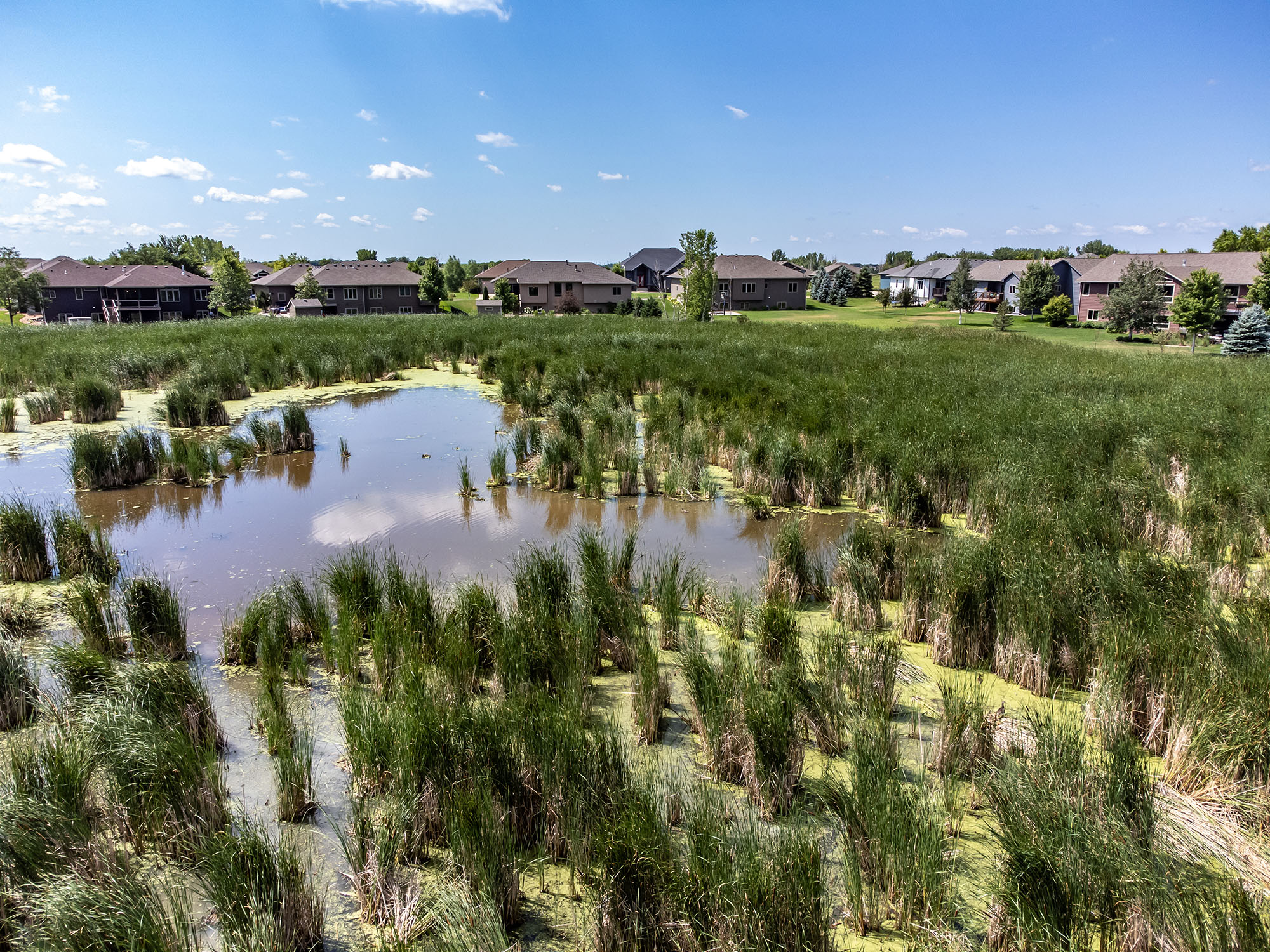
Impacts for Wetlands Development Projects
In the Sackett decision, the U.S. Supreme Court noted that the U.S. EPA “has no ‘statutory basis’ to impose the ‘significant nexus’ test and held that federal jurisdiction over wetlands applies only to those wetlands that have “continuous surface connection to bodies that are ‘waters of the United States’ in their own right, so that there is no clear demarcation between ‘waters’ and wetlands.” This decision limits the U.S. EPA and U.S. ACOE jurisdiction over wetlands to only those wetlands that have a continuous surface connection to otherwise-defined WOTUS – a decision that will have far-reaching implications on current and future development projects.
The Sackett interpretation will apply nationally, including in those states for which an injunction on the application of the “Revised Definition of Waters of the United States” Rule has been issued.
History of the WOTUS Definition
On January 18, 2023, the U.S. EPA and the U.S. ACOE published the “Revised Definition of Waters of the United States” (the January 2023 Rule) in the Federal Register. The Rule took effect on March 20, 2023, except in those 27 states that had contested the January 2023 Rule in court and for which the court had issued a preliminary injunction against implementation of the Rule.
The January 2023 Rule included impoundments, tributaries and wetlands with significant nexus to traditional navigable waters, the territorial seas, or interstate waters—i.e., those waters that “either alone or in combination with similarly situated waters in the region, significantly affect the chemical, physical, or biological integrity” of traditional navigable waters, the territorial seas, or interstate waters.
Implications of the Sackett Decision
As a result of the Supreme Court’s decision in Sackett, the January 2023 Rule becomes unworkable since the definition of WOTUS in the Rule relies heavily on the “significant nexus” test to identify wetlands and other water bodies that will be subject to regulation under the Clean Water Act (CWA).
The decision in Sackett clearly rejects the concept of “significant nexus” in favor of including wetlands in CWA coverage only if “there is a continuous surface connection” to other defined WOTUS such that the wetlands are indistinguishable from the identified WOTUS.
The Sackett decision restricts the U.S. EPA’s and U.S. ACOE’s ability to regulate certain types of wetlands and streams. Wetlands that do not have a continuous surface connection with a navigable water are not federally jurisdictional, nor are ephemeral streams and waters that are not relatively permanent.

Applicability
The WOTUS definition determines applicability for the following CWA programs:
- Section 303(c): Water Quality Standards
- Section 303(d): Impaired Waters and Total Maximum Daily Loads (TMDLs)
- Section 311: Oil Spill Prevention and Preparedness Programs
- Section 401: Certification
- Section 402: National Pollutant Discharge Elimination System (NPDES)
- Section 404: Permitting Discharges of Dredged or Fill Material
Current Litigation
Twenty-seven states and some industry groups had filed suit against the U.S. EPA and U.S. ACOE challenging the January 2023 WOTUS Rule. The U.S. EPA and the U.S. ACOE have been successful in obtaining a stay for two of the three ongoing cases regarding the January 2023 Rule pending the planned publication of a revised definition of WOTUS in September 2023. However, the U.S. EPA’s stay motion in the State of West Virginia v. EPA et. al. case was met with motions for summary judgment by business intervenors. Business organizations are urging the Courts to fully vacate the January 2023 Rule, require issuance of a new Rule within 45 days and require the U.S. ACOE to resume issuing approved jurisdictional determinations which had been ceased pending issuance of the new Rule in September 2023.
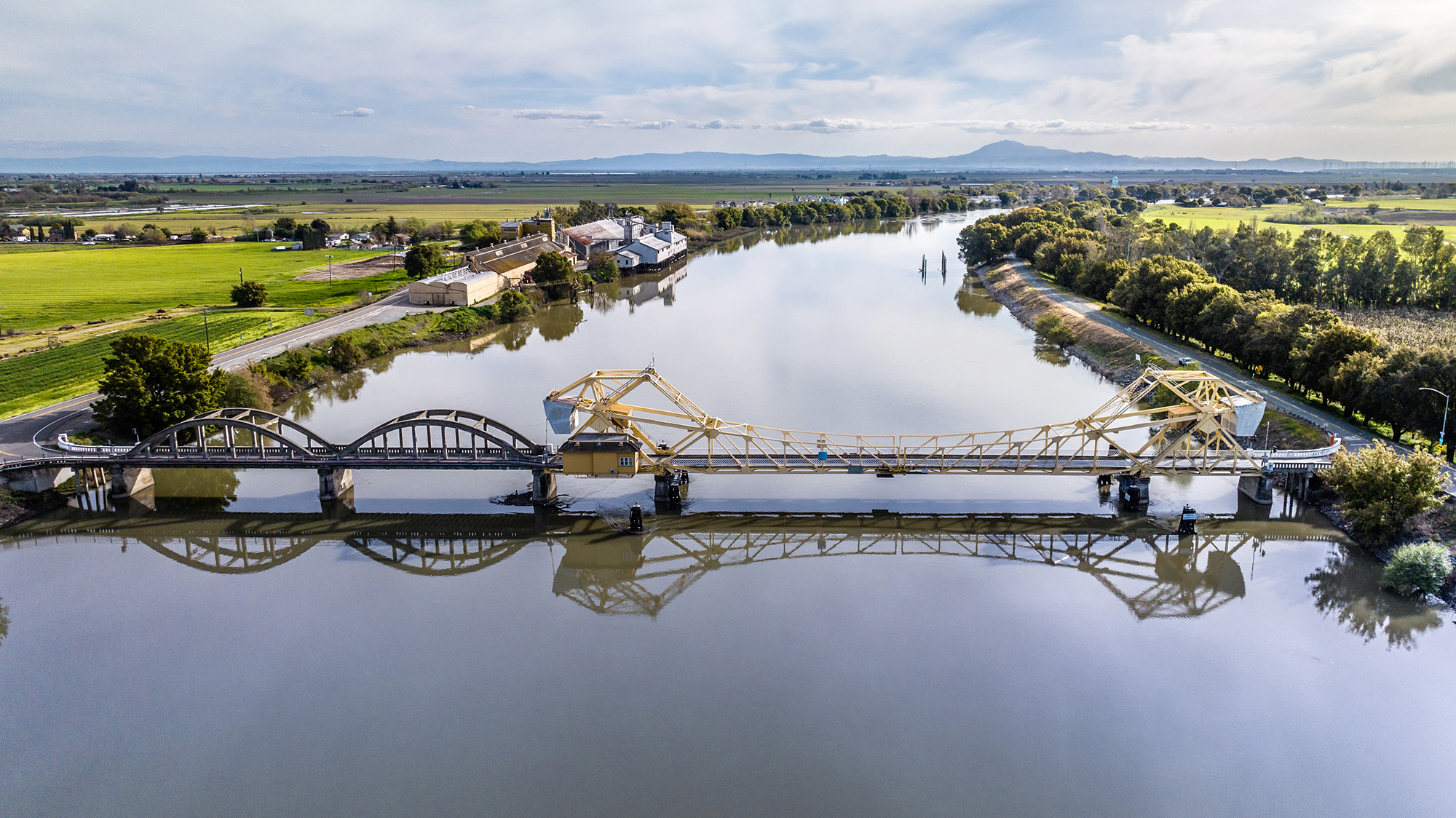
Another Revised WOTUS Definition
The U.S. EPA and U.S. ACOE are in the process of revising the Rule defining WOTUS and the new Rule is expected to be finalized by September 1, 2023. The Agencies have stated that they will revise the WOTUS definition with “surgical precision” to address the Sackett decision.
TRC’s Recommendations
- If you have a permit, certification, or permit application under review that is affected by the WOTUS interpretation and Sackett decision, TRC recommends discussing the implication of the recent U.S. EPA and U.S. ACOE position with your regulating entity to determine if any changes to the permit, certification, or permit application are needed.
- If you have WOTUS that have the potential to change the status from the 2023 “Revised Definition of Waters of the United States” Rule definition to the Sackett interpretation, TRC recommends re-evaluating the applicability of WOTUS to the site and identifying affected permits and certifications.
- Evaluate applicable State requirements as they may be more stringent than the federal regulatory requirements.
- Litigation regarding the WOTUS definition is ongoing. Stay abreast of additional future changes to the WOTUS definition interpretation by the Courts.



